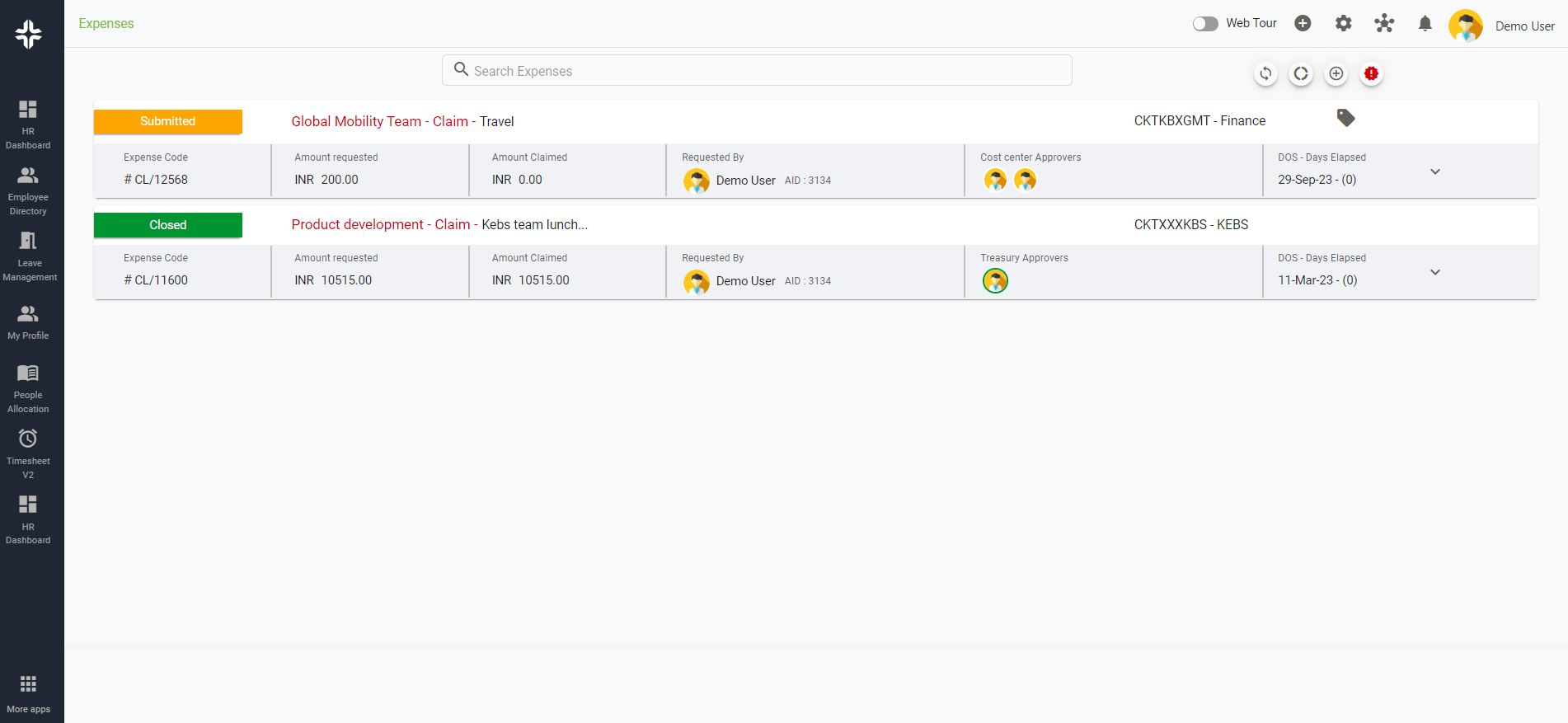
What is Expense Reimbursement Time?
Expense reimbursement time refers to the duration taken by an organization to process and reimburse expenses claimed by its employees.
In the context of Professional Service Automation (PSA), it’s crucial to have an efficient system in place to manage these reimbursements, ensuring that employees are compensated promptly for any out-of-pocket expenses incurred during their professional duties.
Importance of Expense Reimbursement Time
Efficient expense reimbursement not only boosts employee morale but also provides a clear picture of company expenditures. Delays can lead to:
- Employee dissatisfaction.
- Cash flow issues for employees awaiting reimbursement.
- Inaccuracies in financial reporting.

Why Expense reimbursement time is so important?
Calculating Expense Reimbursement Time
Formula:
Expense Reimbursement Time (ERT) = (Date of Reimbursement – Date of Expense Claim Submission)
Example:
If an employee submits an expense claim on January 1 and receives reimbursement on January 5, the ERT is 4 days.
Expense Reimbursement Time vs Other Metrics
While ERT focuses on the time taken to reimburse expenses, other metrics like Expense Approval Time (EAT) focus on the duration taken to approve an expense.
Understanding the difference between these metrics can provide insights into where bottlenecks might exist in the reimbursement process. For a comprehensive understanding of financial metrics, consider exploring KEBS whitepapers on optimizing project financials.
| Metric | Description | Importance |
|---|---|---|
| Expense Reimbursement Time | The average time taken to reimburse expenses incurred by employees or contractors. Shorter times are more efficient. | High |
| Billable Hours | The total number of hours billable to clients. High billable hours indicate higher revenue. | High |
| Project Profitability | The ratio of revenue to project costs. Higher profitability is a key financial goal. | High |
Utilizing Expense Reimbursement Time
For businesses looking to optimize their expense processes, tools like timesheet and billing software can be invaluable. Streamlining this process through automation ensures faster reimbursement, reduces manual errors, and enhances employee satisfaction. It also helps in better financial tracking and compliance, ultimately improving the overall management of expenses. Monitoring ERT can help businesses:
- Identify inefficiencies in the reimbursement process.
- Improve employee satisfaction by ensuring timely reimbursements.
- Enhance financial forecasting by understanding cash outflows related to reimbursements.
Ready to Optimize Your Expense Reimbursement Time?
KEBS, a leading PSA software, offers solutions to streamline the expense reimbursement process. By integrating features like automated time tracking, financial management, and resource management, KEBS ensures a seamless workflow from expense submission to reimbursement.
Moreover, with KEBS project management tools, businesses can integrate expense data into project financials, providing a holistic view of project costs. For those keen on diving deeper into PSA, KEBS ebook on PSA offers comprehensive insights.
In the world of PSA, understanding and optimizing Expense Reimbursement Time is crucial. Not only does it ensure employee satisfaction, but it also provides businesses with accurate financial data. With tools like KEBS, businesses can effortlessly manage this metric, ensuring efficiency and accuracy.

KEBS Expense Management
Ready to optimize your Expense Reimbursement Time? Contact KEBS today or request a demo to see how their solutions can transform your expense management processes.



